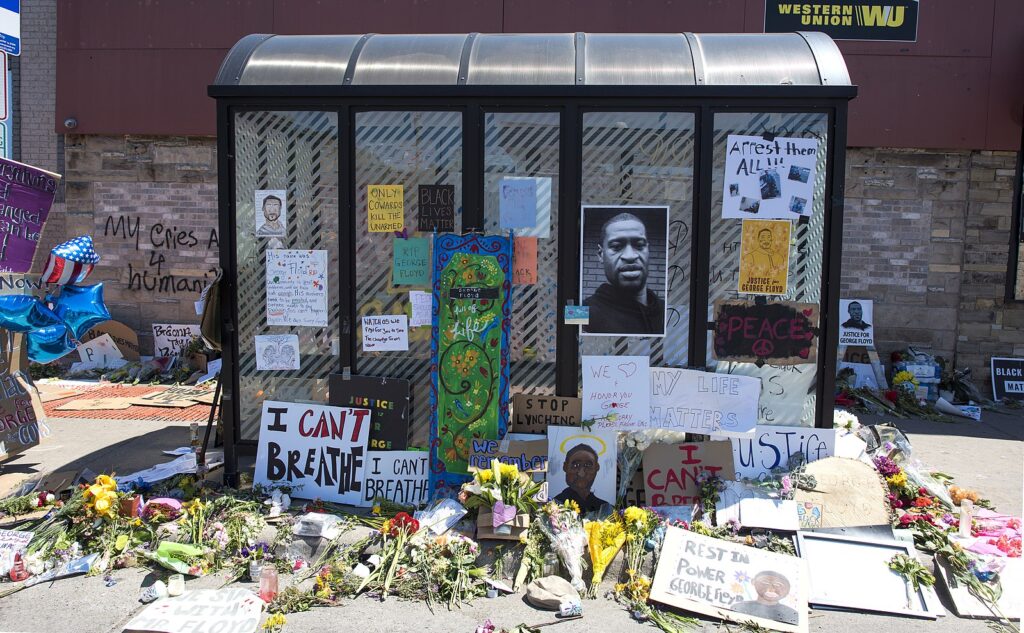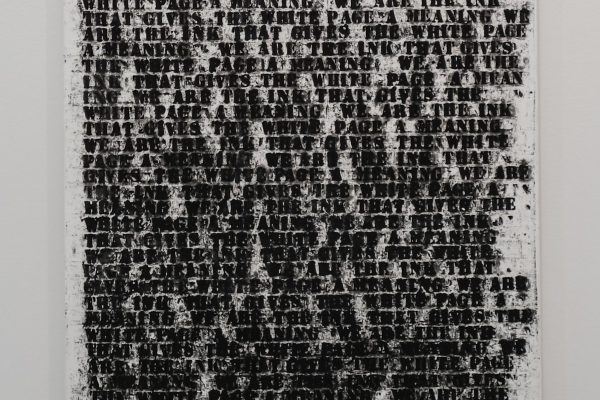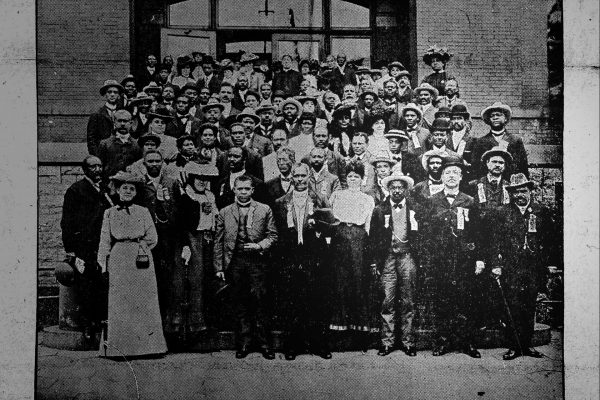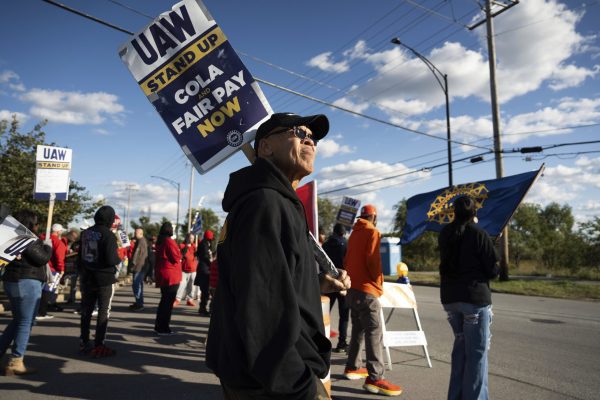It was 9 p.m. and I was sitting in the office I had worked for ten years to occupy. It had floor-to-ceiling windows, and in daytime, golden green light streamed in through the palm trees outside. That night I heard more than saw the trees, their black fingers stroking the windows.
Relationships between black people and well-intentioned white people have transformed into a relationship between the bereaved and those who, sometimes awkwardly, wish to comfort us.
I also heard the voice of a colleague, an older white man who seemed to always be there no matter the time of day, coming from the office across the hall from mine. His muttering rose above the wind in the trees as he said, “These radical black women, I can’t believe they’re letting people like that into the university now. You can call me a bigot, you can call me a racist, but that’s just how I feel.” I froze over the student response journals I was grading, their cartoon drawings of Black Power fists and earnest poems about Haiti grinding against the words I was hearing. His voice rose higher and seemed to fill my entire office as he said, “I would kick her out. I would kick her ass out.” Suddenly fearing that this man’s raised voice would be accompanied by something else—a gun, a desire to harm the radical black woman right across the hall—I left immediately. Leaving my students’ journals open on my desk felt like a bereavement.
This happened in February at the university where I am currently employed. Before COVID-19 made my office unnecessary, my complaint about my colleague’s words had already reached a cul-de-sac of administrative indifference. My other white colleagues expressed shock and horror when I told them what had happened. But white university administrators asked, instead, “Were there witnesses?” I felt as though I was at the bottom of a staircase looking up at stairs spiraling past my line of sight. I was exhausted before I even began. Between the sympathy of allies and the calculated suspicion of the university, my words felt weightless and insubstantial. When COVID-19 hit I was glad to be forced to work in my own home, where my own voice was witness enough. But in another of 2020’s cruel ironies, now white people seem to want to listen to me, and white friends are texting me to see if I’m “okay,” if there’s anything they can “do.” The overall mood is like the hushed and tentative condolences of friends after a beloved relative has passed away.
Relationships between black people and well-intentioned white people have transformed overnight into a relationship between the bereaved and those who, sometimes awkwardly, wish to comfort us. Varied even in our grief, we the black bereaved need different things from the white sympathizers in our lives. Some of us want check-ins and accountability, and find our solace in the visibility of social media. Some need a little financial help in this trying time. Some people want to trade stories at the wake, and like to hear the names of the dead passed through unknown mouths. Some of us just want you to bring a casserole and listen to us cry. And maybe some of us just don’t want to accept a casserole from someone who was complicit in our beloved relative’s death, you know? This metaphor of bereavement breaks down when we consider how long black people have been grieving, and how long it took for white people to offer condolences. This sudden attention to the ongoing grief of black life can also feel like a slap in the face. Didn’t you notice we were dying?
As with any grief, there is nothing a white person can say to a black person that will diminish this centuries-long bereavement. As always, it falls on the grieving to understand and comfort one another. It feels so cruel, sometimes, to have to turn to my black friends and family for comfort when they feel the weight of this grief in different, heavier ways: my brother’s brushes with the police, unhoused friends, friends who lost parents too soon, students in the midst of mental health crises, elders who survived the unthinkable aftermath of Hurricane Katrina. But we are the only ones who will ever have enough wood for the pyre. Only we can pile up our twice-as-good-for-half-as-much, our let-me-get-a-receipt-for-that-so-no-one-will-think-I-stole-it, our pulled hair and our tired feet, and light them on fire.
I know what I want and need from other black people as simply and clearly as I want and need air: to be in community. From white people, my desires are more complicated.
I know what I want and need from other black people as simply and clearly as I want and need air: to be in community. From white people, my desires are more complicated. I find myself thinking back to a form of comfort I received this spring, before white condolences were normalized: a kind white colleague let me borrow her office after I no longer felt safe in mine. In exile, I brought a few items from my old office to the new one on a different floor—a jade plant, a stapler, a poster of Octavia Butler that says “There is nothing new under the sun, but there are new suns” so I could look up at her stern countenance and hope she was right. When my students visited me, they met me in this office with someone else’s name on the door, surrounded by books on early modern literature. “This looks like the office of someone who wears a lot of tweed,” said one of my students, looking around. Meaning this is not your office. Meaning you are not supposed to be here. The owner of the office said I could move anything I wanted, that I could make myself comfortable. I didn’t move anything. I will never be comfortable.
I know that this desire to comfort is a response that white people are having to the bottomless black grief that has suddenly opened up before their feet. Since white people are supposedly interested in my grief now—not just my book recommendations and my validation of their allyship, but my unlovely, honest-to-god grief—I’m telling you to keep bringing the casseroles. And that they will never be enough. But bring them anyway.








